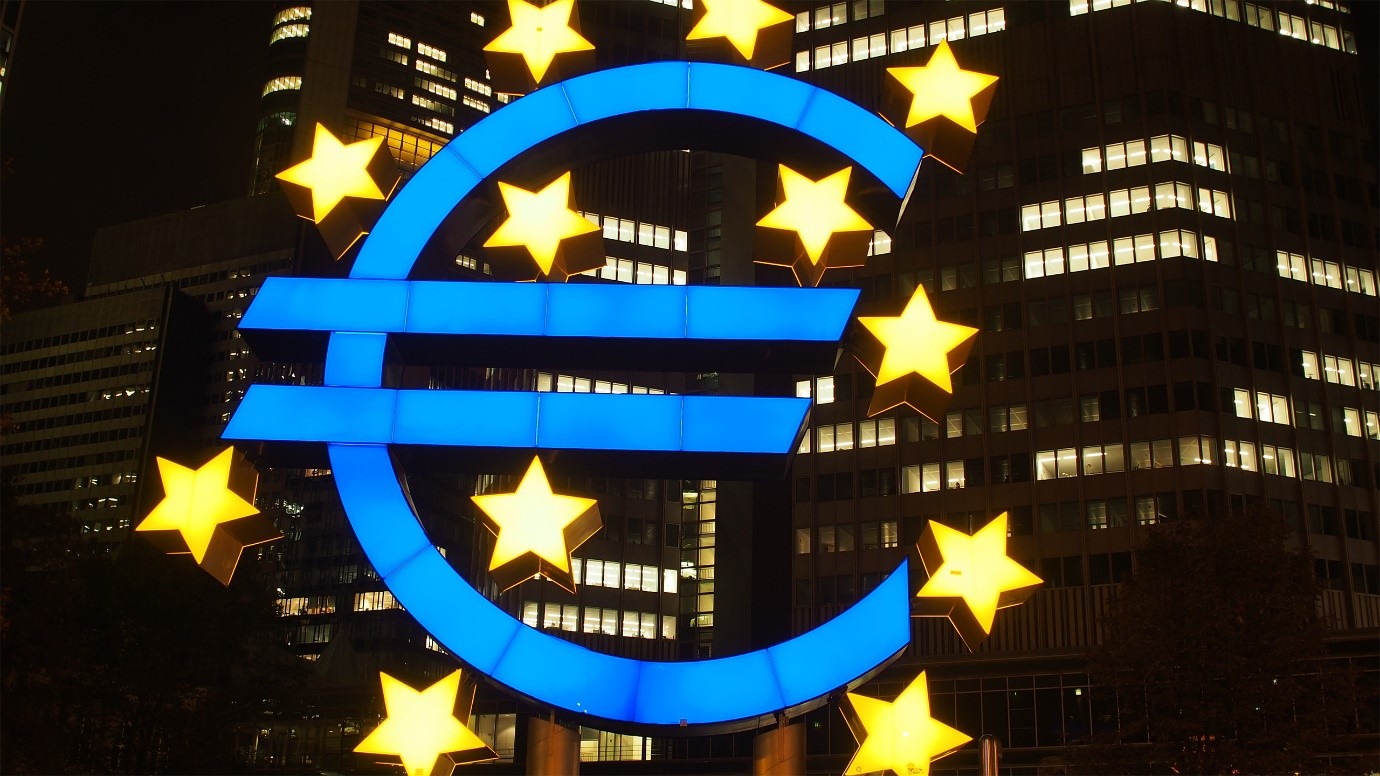

June 15, 2023: The European Central Bank will increase its benchmark policy rate by 25 basis points. It insists that all future rate decisions will be strictly data-dependent as fate weighs over the inflation and growth outlook.
“Weaker economic data, the substantial easing on the energy markets, and the recent sharp drop in inflation argue for an early end to the interest rate cycle,” said Fritzi Köhler-Geib, a chief economist with German bank KfW, in a research note to customers.
“On the other hand, growing wage pressure and falling but still high inflation expectations call for caution.”
Recent inflation data shows price dynamics are decreasing, but consumer price increases are still far too high. At 6.1% year-on-year for the headline rate, and 5.3% for the core rate, inflation remains too high for comfort in Frankfurt, with wage pressures still building. Considering all that, the new staff projections from the ECB, due Thursday alongside its rate decision, will be critical.
“The risks [for the terminal benchmark rate] are tilted to the upside of 3.75%,” said Mark Wall, an ECB watcher at Deutsche Bank, in a research note. The bank’s benchmark rate is currently at 3.25%.
“Inflation was below consensus in May, but underlying inflation is still high, and we expect upward momentum from tourism-related pricing in the summer,” he said.
“The ECB may have to wait until September and possibly later before it has robust evidence that underlying inflation is slowing enough to skip or pause the hiking cycle.”
Quantitative tightening (essentially cooling down bond purchases designed to stimulate the economy) or the acceleration of a shrinking of the ECB’s overall balance sheet is likely left out of the discussions between policymakers this week. Especially after the announcement in May that it will stop reinvestments under its Asset Purchase Program from July 1. APP is a bond-buying stimulus package that started mid-2014 to deal with persistently decreasing inflation levels. It was frozen between January and October 2019 and lasted until July 2022, but continued to reinvest payments from the matured assets.
The economy’s direction might get more attention after the euro area dipped into a technical recession in the second quarter of this year.
The growth picture has a lot of uncertainties attached. While sentiment indicators have considerably recovered over the last six months, complex data has not.








© THE CEO PUBLICATION 2021 | All rights reserved. Terms and condition | Privacy and Policy